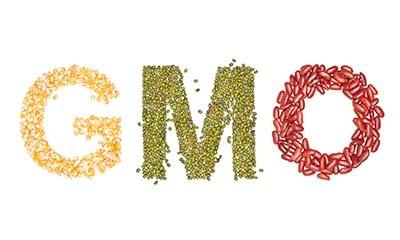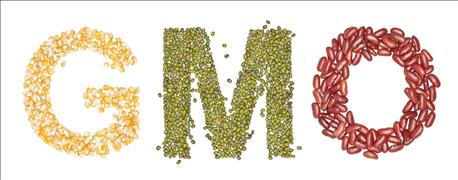
Members of the Coalition for Safe Affordable Food today called on senators negotiating a national voluntary labeling standard to reach agreement and move forward.
Related: Voluntary labeling bill stalls; companies start to add labels
“We need the Senate to act. We need them to act quickly,” said Pam Bailey, president and CEO of the Grocery Manufacturers Association. “We truly believe the outline of a broad bipartisan compromise is there. Now is the time to resolve any remaining differences and get an agreement today.”

Members of the Coalition for Safe Affordable Food today called on senators negotiating a national voluntary GMO labeling standard to reach agreement and move forward. (Photo: darksite/Thinkstock)
The House approved a voluntary national GMO labeling bill a year ago, but the Senate has failed to approve a similar measure. The Coalition is pressing for action because Vermont’s first-in-the-nation mandatory GMO labeling measure takes effect July 1 and some companies have already started labeling their products to be in compliance with the law. Coalition members fear the failure to enact a national standard will result in a patchwork of state rules, each requiring something a little different from the other.
Related: House approves voluntary GMO labeling bill
Now Vermont, a state of just more than 600,000 people, is dictating what the rest of the nation must do, said Steve Censky, CEO of the American Soybean Association, during a June 16 conference call.
The law has already cost the manufacturing sector millions of dollars, Bailey said. The costs come from labeling, supply chain changes, product sorting and possible reformulation.
Reformulation will have a chilling and negative impact on technology, Censky said.
It’s predicted that rather than face stigmatization, companies will switch to non-GMO products. Bogus reasons are forcing manufacturers to perhaps source from somewhere other than the U.S., where more than 90% of the corn and soybeans grown are from genetically modified seed, said Chuck Conner, president and CEO of the National Council of Farmer Cooperatives. This will have a cost impact not only on food manufacturers, but also on the American farmer.
The Coalition favors giving consumers more information and the Grocery Manufacturers Association and Food Marketing Institute have rolled out smart labels, giving consumers more information on production practices right at their fingertips.
Related: Confusion continues on GMO labeling
The end goal of grocers is satisfying consumers, said Leslie Sarasin, president and CEO of the Food Marketing Institute. A state-by-state patchwork of labeling requirements will not help consumers, rather it will confuse them by being inconsistent.
After today, Congress has six working days to pass a bill before the House leaves for recess.
About the Author(s)
You May Also Like




